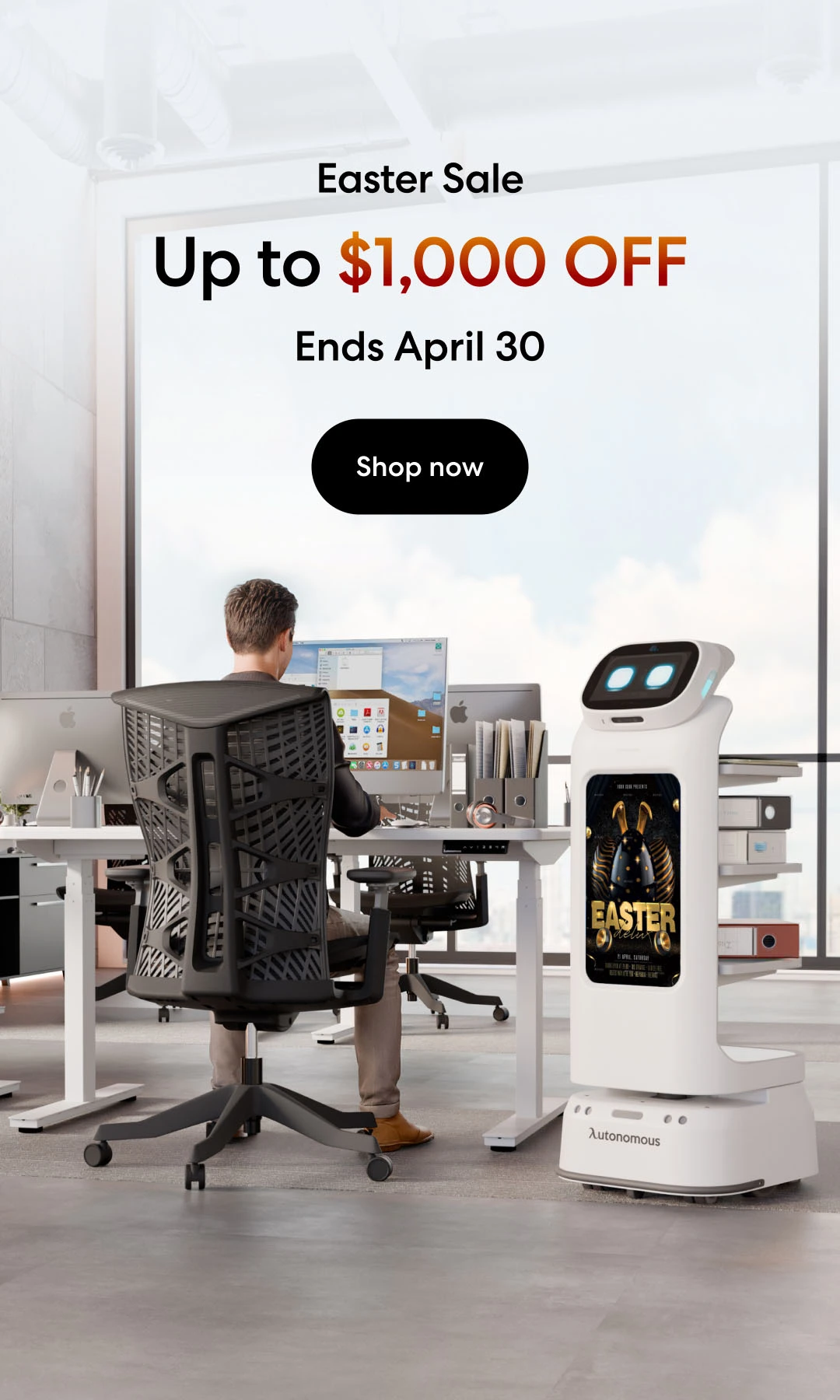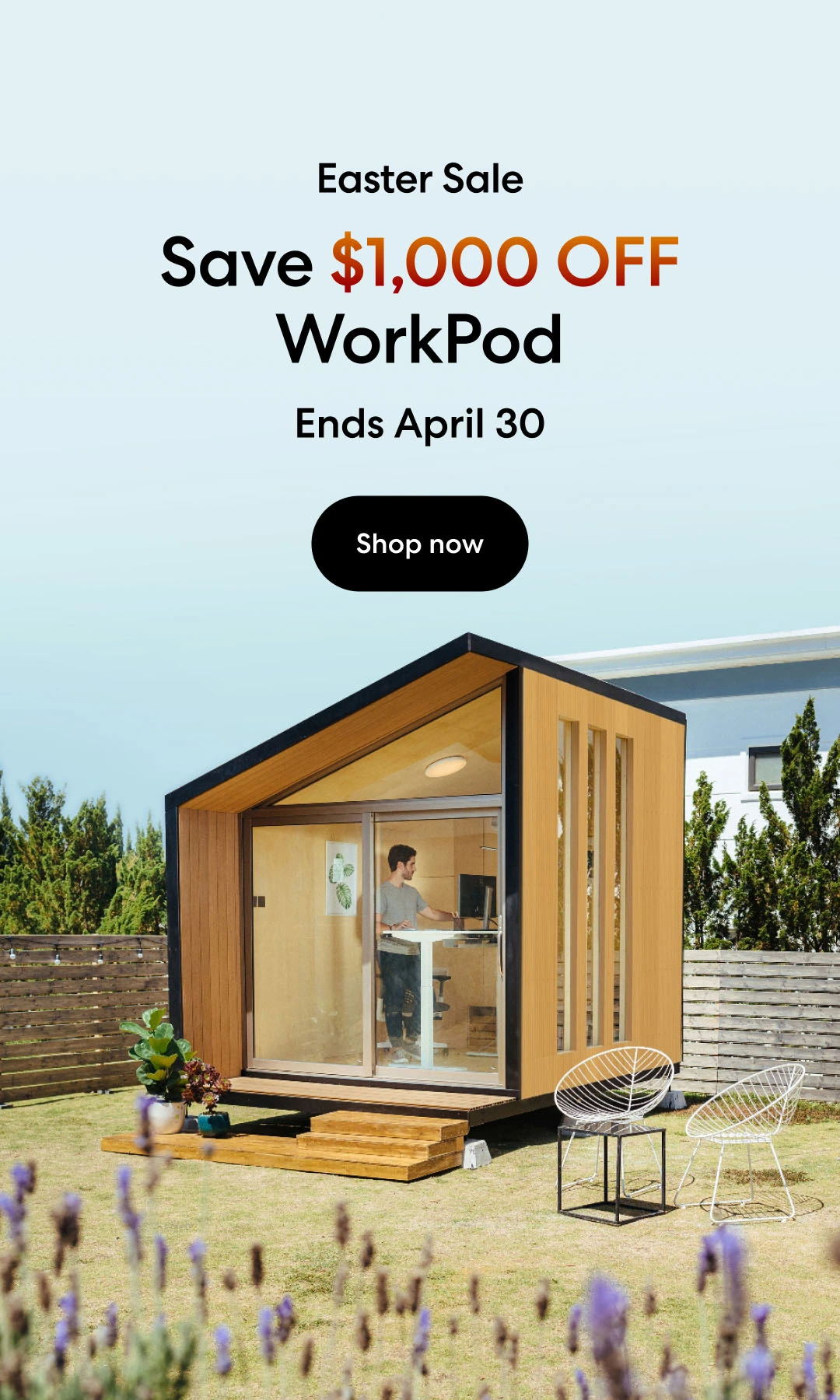
Elements of an Office Board Room for a Professional Atmosphere
Imagine stepping into a well-designed office boardroom, where the atmosphere exudes professionalism and encourages productive discussions. A boardroom is more than just a meeting space; ideas are shared, decisions are made, and strategies are crafted.
This article will explore the essential elements that contribute to a professional and conducive environment in an office boardroom. From the boardroom table and chairs to the audiovisual equipment and layout considerations, let's delve into the key aspects that make a boardroom truly effective.
The Boardroom Table: The Central Hub of Collaboration
The boardroom table is the centerpiece of any office boardroom, symbolizing unity and collaboration. When selecting a table, consider its size, shape, and material. A spacious table allows ample room for documents, files, laptops, and is an integral part of a boardroom meeting setup. Rectangular or oval-shaped tables provide an ideal layout for face-to-face discussions and accommodate a larger number of participants. Choose a table made of high-quality material like wood or glass, which adds elegance and ensures durability.
Boardroom Chairs: Comfort and Functionality
Office boardroom chairs play a vital role in creating a comfortable and engaging meeting environment. Opt for ergonomic chairs that provide proper lumbar support and cushioning for extended periods of sitting. Adjustable features like height and armrests allow participants to customize their seating positions for optimal comfort. Additionally, consider chairs with swivel capabilities, as they facilitate smooth movement and interaction during discussions. Strike a balance between comfort and aesthetics to ensure a cohesive look in the boardroom.
Audiovisual Equipment: Enhancing Communication and Presentations
In a technologically driven era, equipping the office boardroom with audiovisual equipment is essential for effective communication and engaging presentations. Install a high-definition display, such as a large flat-screen TV or a projector and screen, to share visual content seamlessly. A robust sound system with speakers strategically placed around the room ensures clear audio during video conferences and multimedia presentations. Integrating video conferencing capabilities allows remote participants to join meetings, fostering collaboration regardless of physical location.
Lighting: Setting the Right Mood
Proper lighting can significantly impact the overall ambiance and productivity within an office boardroom. Natural lighting is ideal, as it creates an open and inviting atmosphere. Ensure windows have blinds or curtains to control the light entering the room during presentations. Additionally, incorporate adjustable artificial lighting options, such as ceiling lights with dimmers or task lighting, to create a comfortable and adaptable boardroom setup. Well-balanced lighting minimizes eye strain and keeps participants focused and engaged throughout the meeting.
Layout Considerations
The layout of an office boardroom can greatly influence the flow of communication and collaboration. Consider these layout options:
Traditional Layout: In this classic setup, the boardroom table is positioned at the center of the room, with chairs around it. This layout promotes a hierarchical structure, with the person leading the meeting seated at the head of the table.
Collaborative Layout: An alternative approach is to arrange the boardroom tables and chairs in a circular or U-shaped formation. This layout encourages open discussion and equal participation among attendees, fosters a sense of inclusivity, and breaks down hierarchical barriers.
Multimedia Layout: For boardrooms that frequently host multimedia presentations or video conferences, consider a layout that optimizes the visibility of the screen or projection area from all seats. This may involve placing the table parallel to the display or positioning chairs in a semicircle around it.
Storage Solutions: Organized and Clutter-Free
To maintain a professional atmosphere, it is crucial to have adequate storage and other office accessories in the boardroom. Storage cabinets, shelves, or credenzas can keep essential documents, stationery, and equipment within easy reach, minimizing clutter on the table. Consider incorporating integrated cable management systems to conceal wires and cables, creating a tidy and efficient workspace. A well-organized office boardroom sets a positive tone for meetings and enables participants to focus on the agenda.
Pros and Cons of Comfortable Boardroom Furniture
Comfortable boardroom furniture, including chairs and tables, plays a significant role in creating a professional and conducive atmosphere for meetings. Let's explore the pros and cons of prioritizing comfort in boardroom furniture selection .
Pros
Enhanced Focus and Productivity
Comfortable boardroom chairs allow participants to sit for extended periods without discomfort or distractions. Proper lumbar support and cushioning promote better posture, reducing the risk of fatigue and improving focus during discussions. When attendees are comfortable, they can concentrate on the agenda and contribute more effectively to the meeting.
Positive Impression
Investing in comfortable boardroom furniture demonstrates a commitment to the well-being of employees, clients, and business partners. When guests enter a boardroom with plush and ergonomic office chairs, they are likely to feel valued and appreciated. This positive impression can foster stronger relationships and contribute to a professional image for the organization.
Health and Well-being
Uncomfortable seating can lead to various health issues, such as back pain, muscle stiffness, and poor circulation. By choosing comfortable boardroom chairs with proper support, organizations prioritize the well-being of their employees. Providing ergonomic furniture shows a commitment to promoting a healthy work environment, reducing the risk of long-term health problems.
Extended Meeting Durations
Lengthy meetings are common in boardrooms, especially when discussing complex topics or strategic planning. Comfortable chairs enable participants to stay engaged and attentive throughout extended sessions. When attendees are not distracted by discomfort, meetings can continue without unnecessary interruptions or breaks, leading to more efficient decision-making processes.
Cons
Cost Considerations
Comfortable boardroom furniture often comes with a higher price tag compared to standard chairs and office desks. Ergonomic features and high-quality materials used to enhance comfort can contribute to increased costs. Organizations with budget constraints may need to balance the benefits of comfort against their financial limitations carefully.
Aesthetics and Space Constraints
Some comfortable boardroom chairs may have bulkier designs to accommodate ergonomic features. This can impact the overall aesthetics of the boardroom and may not align with a specific interior design theme. Additionally, larger chairs may require more space, limiting the seats available in the boardroom.
Individual Preferences
Comfort can be subjective, and what suits one person may not be as comfortable for another. Finding a balance between providing a universally comfortable seating option and catering to individual preferences can be challenging. It's essential to consider the diverse needs of boardroom participants when selecting furniture.
Maintenance and Durability
Comfortable boardroom furniture may require more maintenance to uphold its functionality and appearance. Features like adjustable mechanisms and cushioning materials might need periodic inspections and replacements. Additionally, high-quality comfort-focused furniture may come with warranties and specialized care instructions, requiring extra attention to ensure longevity.
Conclusion
In conclusion, prioritizing comfort in office boardroom furniture selection offers numerous advantages, including enhanced focus, productivity, positive impressions, and improved well-being.
However, it's essential to consider the potential cons, such as increased costs, aesthetics, individual preferences, and maintenance requirements. Organizations should carefully weigh these factors to strike a balance between comfort, functionality, and budgetary considerations when creating a professional and conducive boardroom environment.
Stay connected with us!
Subscribe to our weekly updates to stay in the loop about our latest innovations and community news!
Interested in a Link Placement?
Spread the word
.svg)



/https://storage.googleapis.com/s3-autonomous-upgrade-3/production/ecm/230914/bulk-order-sep-2023-720x1200-CTA-min.jpg)

/https://storage.googleapis.com/s3-autonomous-upgrade-3/static/upload/images/new_post_author/admin-1.png)